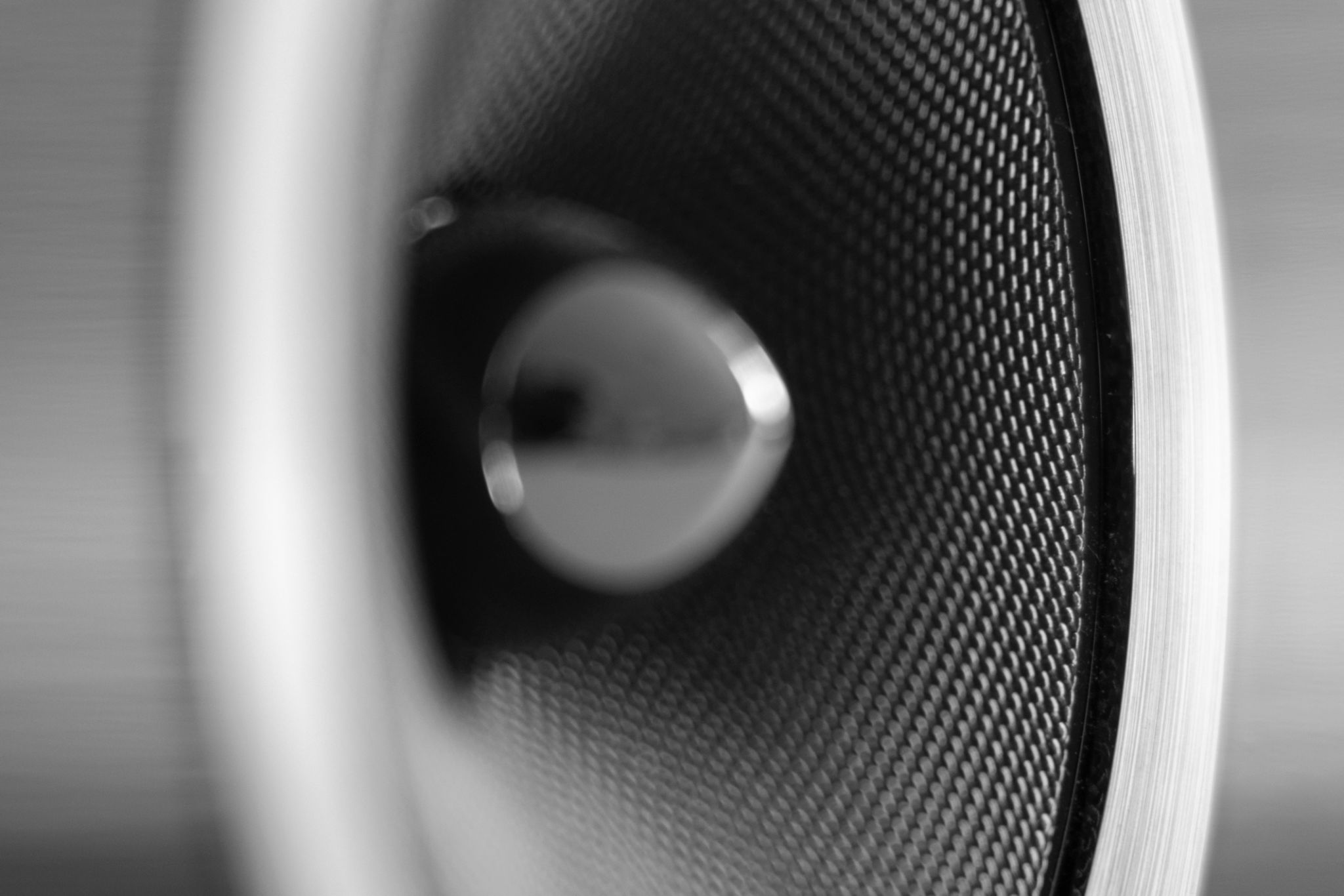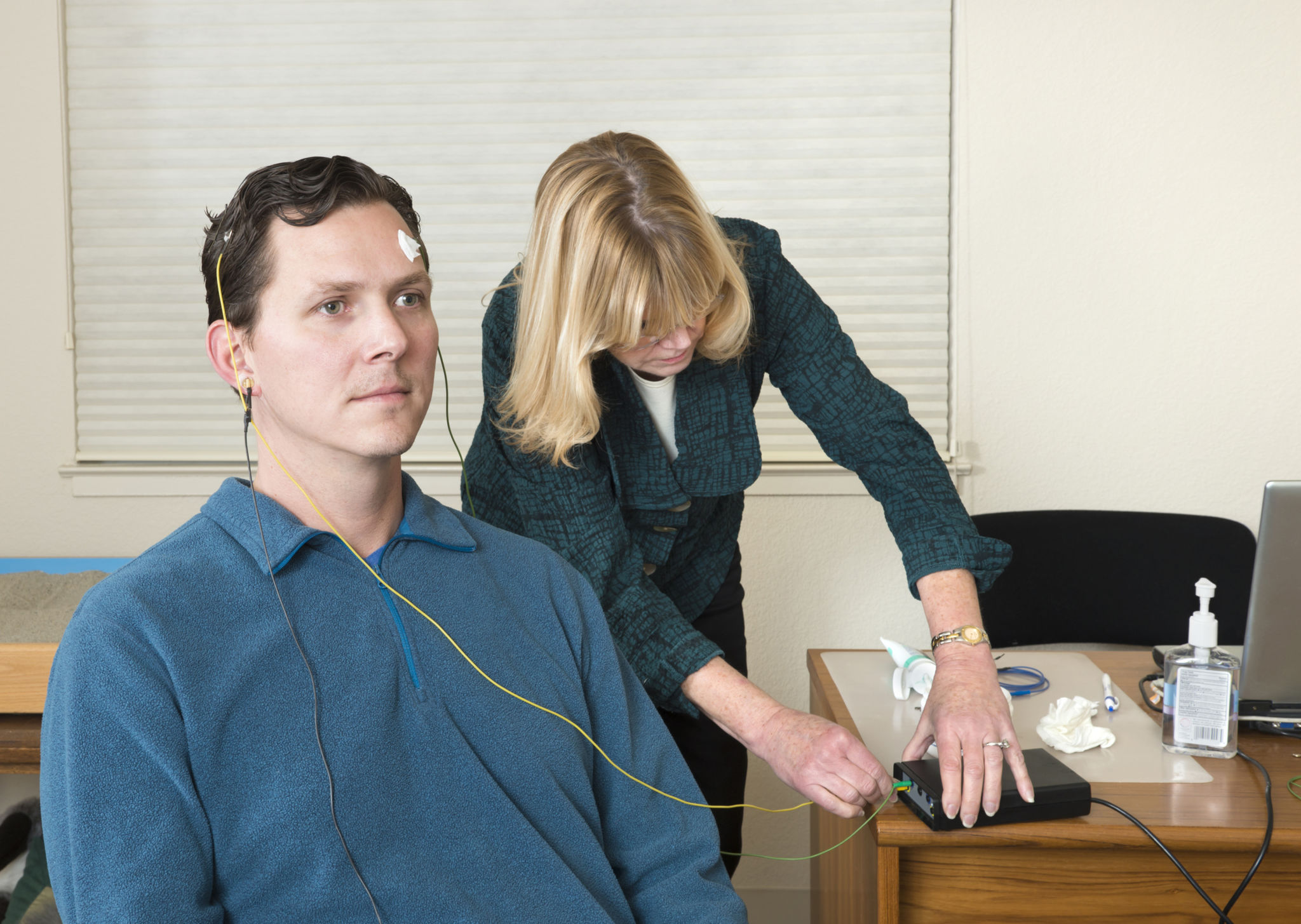Innovative Mental Health Therapies Gaining Popularity: What You Need to Know
Exploring New Frontiers in Mental Health
The landscape of mental health therapy is rapidly evolving, with innovative therapies gaining traction alongside traditional methods. These cutting-edge approaches are designed to address a wide array of mental health issues, providing new hope for those seeking alternative treatment options. As the demand for mental health support grows, understanding these emerging therapies becomes crucial for both practitioners and patients.

Virtual Reality Therapy
One of the most exciting advancements in mental health treatment is Virtual Reality (VR) Therapy. This technique immerses patients in a controlled virtual environment, allowing them to confront and manage their anxieties or fears in a safe space. VR therapy has been particularly effective in treating PTSD, phobias, and social anxiety.
Patients using VR therapy often report increased engagement due to the interactive nature of the treatment. By simulating real-world scenarios, therapists can guide patients through various situations that trigger anxiety, helping them develop coping strategies in real-time.
Art and Music Therapy
Art and music have long been recognized for their therapeutic benefits, and their use in mental health therapies continues to grow. These creative therapies allow individuals to express emotions and thoughts that might be difficult to articulate verbally. Art therapy involves activities like painting and drawing, while music therapy utilizes listening, songwriting, and playing instruments.

Recent studies suggest that engaging in such activities can significantly reduce stress, improve mood, and enhance overall well-being. These therapies are particularly beneficial for those who struggle with traditional talk therapy, offering a non-verbal outlet for self-expression.
Mindfulness-Based Cognitive Therapy (MBCT)
An increasing number of therapists are integrating Mindfulness-Based Cognitive Therapy (MBCT) into their practice. This approach combines cognitive behavioral techniques with mindfulness strategies, encouraging individuals to focus on the present moment without judgment. MBCT has shown promise in preventing depression relapse and reducing symptoms of anxiety.
The practice often includes meditation exercises, teaching patients to become more aware of their thoughts and feelings. By fostering a greater understanding of their mental states, individuals can learn to respond more effectively to stressors.
Biofeedback
Another innovative therapy gaining popularity is biofeedback. This technique uses electronic monitoring devices to help patients gain awareness and control over physiological functions. By observing real-time feedback on heart rate, muscle tension, and brainwave activity, individuals can learn to manage stress and improve relaxation techniques.

Biofeedback has been effectively used to treat conditions such as anxiety, chronic pain, and migraines. The non-invasive nature of this therapy makes it an appealing option for those looking for alternatives to medication.
The Future of Mental Health Treatment
The rise of these innovative therapies highlights a broader trend towards personalized mental health care. As research continues to unveil new insights into the human mind, the potential for developing even more effective treatments grows. Embracing these advancements can lead to more comprehensive care tailored to individual needs.
While traditional therapies remain essential, these new approaches offer additional tools for those seeking relief from mental health challenges. Staying informed about these developments ensures that both practitioners and patients can make educated decisions about their treatment options.
